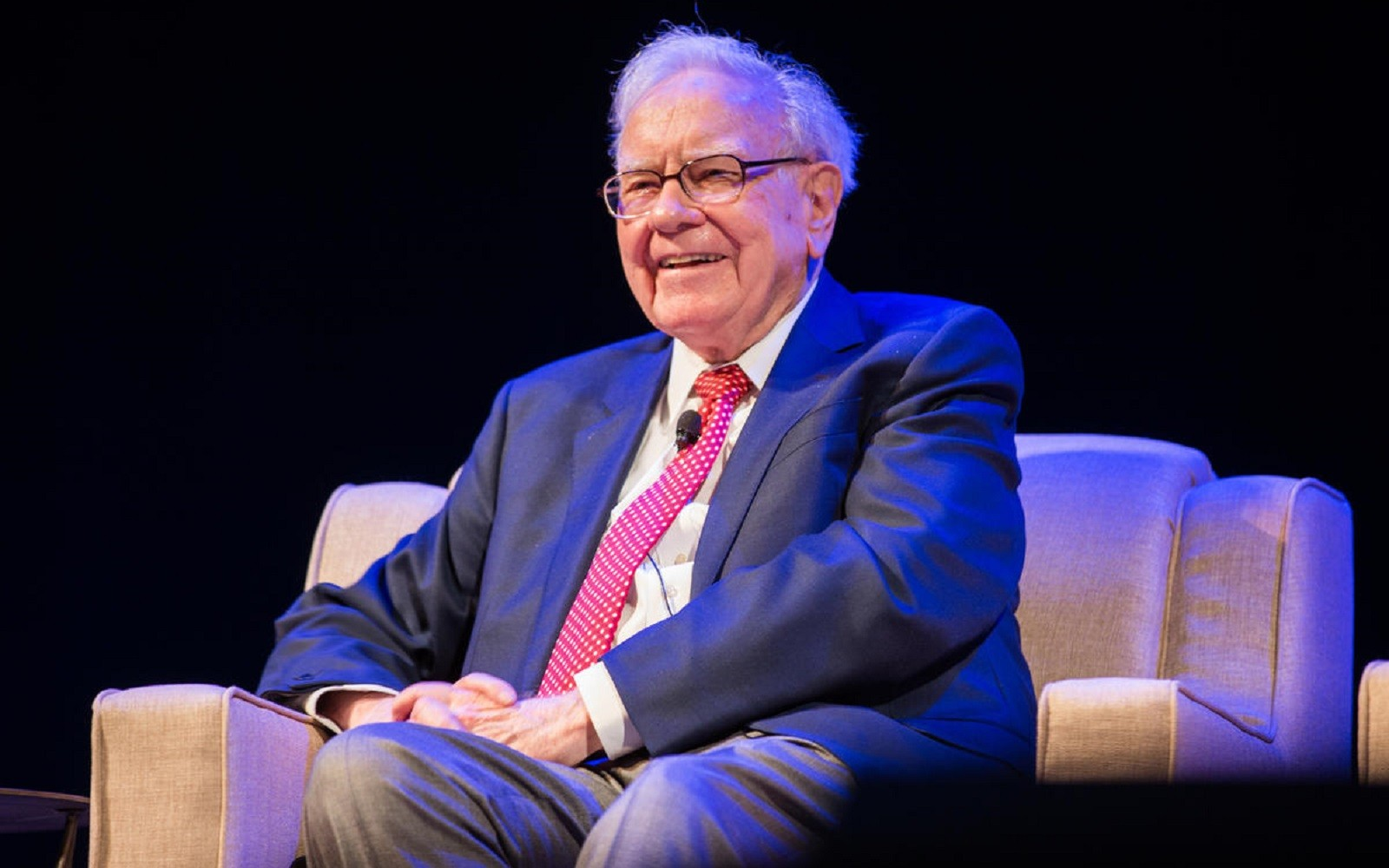Billionaire investors and renowned hedge fund managers, such as Pershing Square Capital Management’s Bill Ackman, Citadel’s Ken Griffin, and Susquehanna International Group co-founder Jeff Yass, bought millions of Nike shares in Q2 despite the company struggling to retain the top market spot due to headwinds on multiple fronts. Shares are down over 20% year-to-date and more than 50% since mid-2021 to hover around $86 apiece as profit margins markedly dropped amid stiff competition from emerging brands like Hoka and Skechers, a lack of product innovation, and an attempt to grow its direct-to-consumer channels at the cost of long-standing distribution agreements like avoiding key vendors like Foot Locker under CEO John Donahoe.
However, Nike’s recent announcement that 32-year company veteran and former president of Nike’s consumer marketplace business, Elliott Hill, will replace Donahoe next month drove the stock price over 6.8% on September 20. Hill, 61, started as a Nike intern in 1988 before retiring as president in 2020. The Nike board thinks Hill’s in-depth understanding of industry partners, leadership qualities, and overall passion for sports and products make him well-suited to lead the company, refocusing on innovation and rebuilding relationships with industry vendors. The announcement comes ahead of the company’s November 19 investor day, when management could announce a revised outlook on financial guidance.
Hill’s CEO Appointment Is An Instant Morale Boost
Several analysts from top brokerages lifted their target price for the stock, believing Hill’s return would serve as a catalyst for bulls and positively impact Nike’s long-term earnings prospects. Some highlighted that Hill, being a product guy, is liked internally and is popular with retail partners. However, he faces the enormous task of reclaiming market share and building investor trust after Nike had swayed away from its product roots for years. The company lost $45 billion in value this year. Simultaneously, he must set new and reasonable financial targets for investors to understand his vision for the company’s profitability and growth margins.
Buffett’s Portfolio Lacks Nike Despite Stock Returning Over $46,000% Since IPO
Nike stock has returned over 46,000% since its 1980 IPO, which would have turned a $1,000 investment that year into over $767,000 today, given that dividends were reinvested. Despite being a top-performing athletic footwear company with a global brand presence and dominant track record, Berkshire Hathaway chair Warren Buffett has refrained from buying Nike stock.
Buffett is known for his selective approach to investing in valuable companies at reasonable prices. He often avoids companies and industries he doesn’t fully grasp. Although the Oracle of Omaha acknowledges Nike’s global status, he needs more clarity and confidence in the company’s competitive advantages, given the stiff competition and rapidly evolving product and marketing innovations. Furthermore, the complexities within Nike’s massive empire and intrinsic risk factors in the sports equipment industry could explain why Buffett struggled to buy the stock.
His investment philosophy is founded on identifying simple businesses with straightforward economics and clear growth prospects. Given Buffett’s experience owning stakes in companies like Russell and Spalding, he understands Nike’s risks in segments like lagging golf equipment and helmets, which makes it difficult for him to assess the company’s long-term prospects with a high level of certainty. While Nike repositions its marketing and product ideation approach under Hill, it is yet to qualify as an investable asset from Buffett’s perspective.
Disclaimer: Our digital media content is for informational purposes only and not investment advice. Please conduct your own analysis or seek professional advice before investing. Remember, investments are subject to market risks and past performance doesn’t indicate future returns.







